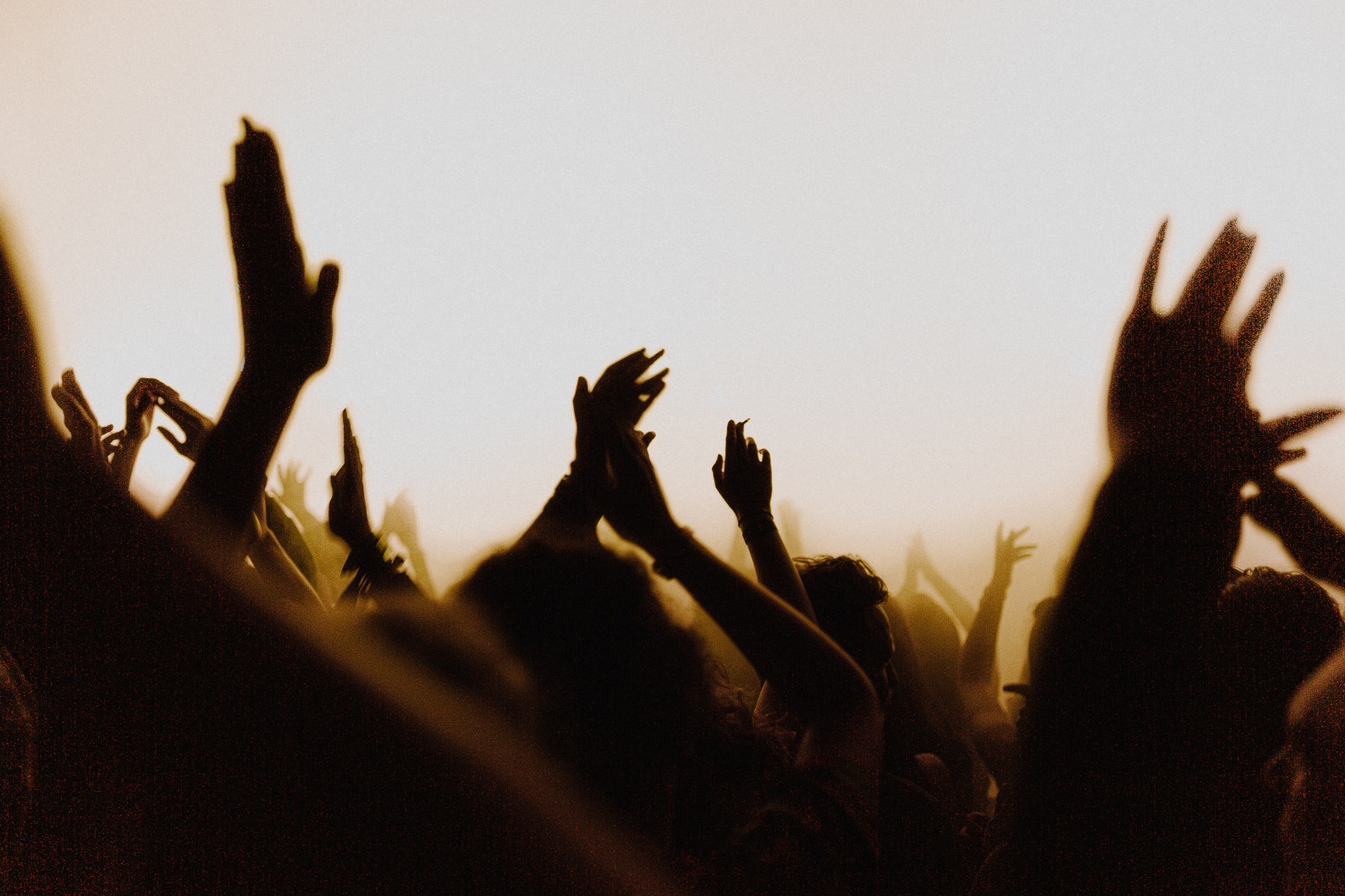Are social platforms responsible for weird objects being thrown at pop stars?

Photo: Konstantin Hopp

People have forgotten how to behave in public. Or at least, so contends a recent Vox article, which highlights recent instances of ‘fans’ throwing objects at pop stars during concerts and people scrolling TikTok in the cinema.
The heart of the problem is social platforms – in more ways than one.
The first question: is this a real thing, or simply the rose-tinted glasses of nostalgia for pre-pandemic days – aided by the fact that every instance is now filmed from dozens of angles, and relentlessly discussed across the news? Throwing things onstage is not new; it happened to The Beatles (Jelly Babies), Iggy Pop (ice, eggs, and beer bottles), David Bowie (a lollipop), and Ozzy Ozbourne (a bat, which he then bit the head off). Some mundane objects in people’s pockets, and some more… specific items. Put in this context, the phones, drinks, and bracelets thrown at the likes of Bebe Rexha, Cardi B, and Taylor Swift over the summer seem, while not ideal, certainly not unprecedented.
The difference is, evidently, the frequency (so many instances in such a short time) and the aim, with objects going directly for faces. In short: it’s a weird time to be a touring popstar. Why now, though?
The Vox article – and many others – argue that this is a leftover phenomenon of the Covid-19 pandemic, with older audiences having forgotten how to behave themselves, and younger audiences, who have now spent so much of their adult lives interacting with artists and each other solely online, simply not knowing how to show etiquette. Having used social platforms as their default place to engage with one another for so long, it is now seemingly second nature to whip out the phone and share – even if that apparently means literally throwing it at the artist.
Featured Report
Social 2025 Navigating platforms for fan power
The biggest apps are in the process of disruption. TikTok’s uncertain future and Meta’s apps relaxing content restrictions and fact checking will constitute greater challenges for creators, advertisers, and audiences looking to use and benefit from these platforms.
Find out more…Digital propositions are competing for the barest remaining scraps of audience attention, eating into sleep, free time, and one another through multitasking. It should come as no surprise then that social platforms, which are the most addictive and easiest to ‘multitask’ over other entertainment, are winning the battle for engagement – and changing the spirit (and business models) not only of digital entertainment, but live entertainment as well. A PGA Tour spectator went viral last year for being the only fan in a captured image who was not holding a phone while Tiger Woods was taking a shot – to the point that the company of the beer he was holding gave him a merchandising deal.
The artist assaults display a darker side, however. In short, being the person who threw something that hit Bebe Rexha in the face is going to make you go viral – and for some people, drowning in a world of ‘algorithmic anxiety’ where they see only what (or who) might best sell them something, this is enough. Doing something outrageous is often the only chance one has to be seen in a world that is seemingly impossible to stand out in, which can either satisfy a personal need for validation or a genuine attempt at going viral to get followers for a business or project. Moreover, given the public nature of these displays, if one person does it, and goes viral, someone else is going to think “hey, I can do that too”. As music artists are forced to become ever more personable and relatable to their fans on social, in order to stand out in a chronically online culture that values ‘authenticity’, it has the unintended effect of making them seem so accessible to their fans that it can make them easy targets.
Social platforms and their algorithms now have so much sway over not only digital entertainment, but everyday life. They compel their users to like, share, comment, post, consume, purchase. They can dictate the news, with Twitter being one of the most prominent sources for breaking events; they can influence elections, as with Facebook back in 2016, and have even affected tourism, with wannabe influencers traveling to popular photo spots just to get that perfect image for Instagram. We simply accept social as a given now, but with its effects, alongside streaming, having upended the very way music is now being signed, made, released, and marketed, its power is nothing to scoff at – in this industry, or beyond.
With this importance in mind, MIDiA’s upcoming media & marketing report will be a landscape map of the social world – where the different companies sit, what they mean for the broader industry (not just in terms of artists having stuff thrown at them), and how other forms of digital entertainment can best coexist and adapt to its strategic future. Stay tuned…

The discussion around this post has not yet got started, be the first to add an opinion.